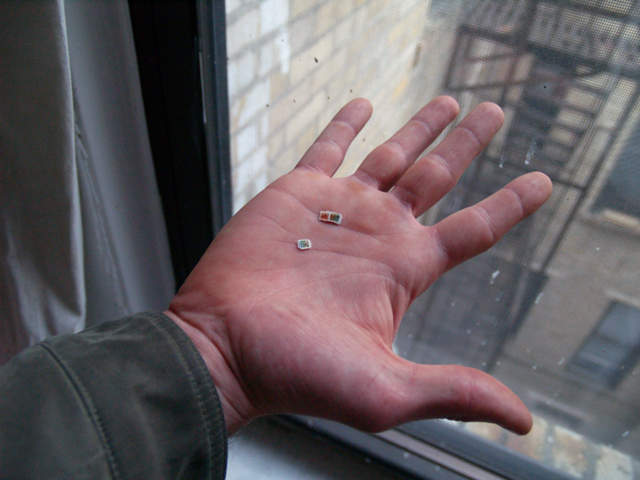Micro-dosing is a growing health phenomenon involving the regular consumption of small doses of psychedelic drugs, usually a tenth of that used for recreational use, so that they do not experience a full-body response, but enough to initiate a response on a cellular level.
Dr James Fadiman, the author of the Psychedelic Explorer’s Guide, recommends taking a microdose once every three days to experience optimum effects.
Its users claim that this technique improves levels of creativity, energy, focus and relational skills and is thought to be particularly beneficial for individuals suffering from mental health disorders.
Behind the theory
LSD and psilocybin (the psychoactive ingredient in magic mushrooms) are the two most commonly used compounds by ‘microdosers’.
In small volumes these compounds mimic the action of serotonin by stimulating 5-HT2A – a receptor located in the prefrontal cortex.
This causes the production of brain-derived neurotrophic factor (BDNF) and increased glutamate transmission, resulting in increased activity, growth, cognition, learning and memory.

US Tariffs are shifting - will you react or anticipate?
Don’t let policy changes catch you off guard. Stay proactive with real-time data and expert analysis.
By GlobalDataDespite the beneficial health claims, there is an overwhelming lack of scientific evidence backing the use of microdosing, which is still a criminal offence.
Possession of class-A drugs can result in up to seven years in prison.
The first trial
The Beckley Foundation is a UK-based company focused on pioneering psychedelic research and is conducting the first placebo-controlled naturalistic study into whether psychedelic microdosing can increase psychological well-being and enhance certain cognitive functions.
The foundation hopes to establish the potential of psychedelics by conducting various cognitive tests and emotional assessments and comparing the results with a placebo group.
Its ultimate goal is to remove society’s negative stigma surrounding psychedelics and develop psychedelic compounds that are able to become legitimate licensed medications.
Mental health epidemic
It is estimated that one in five people experience a common mental health disorder such as depression and anxiety in the US.
The WHO World Mental Health Surveys International College Student Project found that one-third of first-year students in 19 colleges across eight countries suffer from at least one DSM–IV anxiety, mood, or substance disorder.
Effective pharmacological intervention of mental health disorders is still desired, as current therapies have unpredictable results.
If proven to be effective in the Beckley Foundation’s trials and future studies, we could potentially see LSD and psilocybin as legitimate medical options.
There is still a long way to go and a great deal of research is needed to examine the safety and efficacy of taking regular small doses of psychedelic compounds and overcoming legal obstacles before we see LSD on our shelves.
However, if trials demonstrate significant improvements in mental wellbeing and a regulated prescription programme is developed, microdosing could become a highly valued therapy in modern society.




